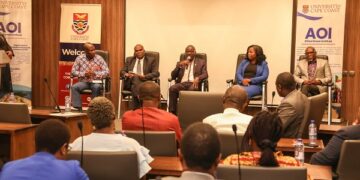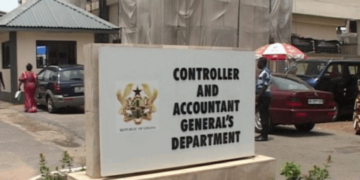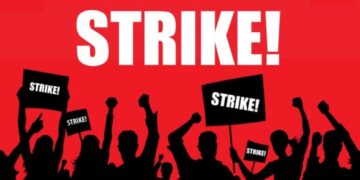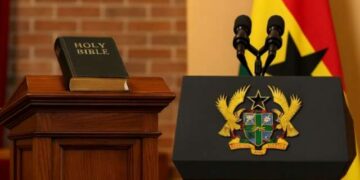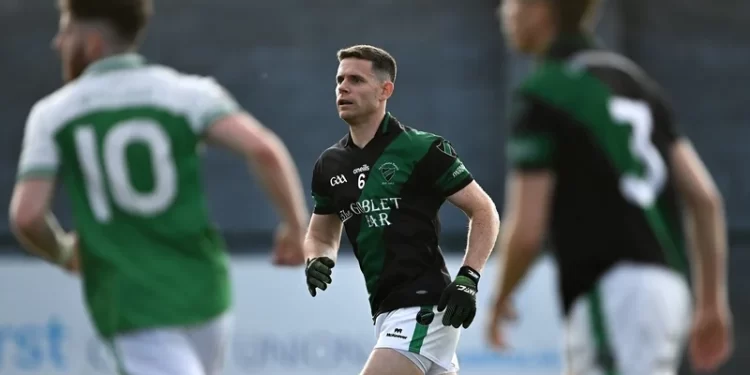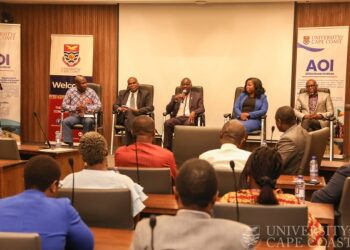Cluxton Demoted in Protest Over Club Management Crisis
Earlier this year, one of Dublin’s most historic GAA clubs, Parnells, officially went into liquidation. The club, which had been a pillar for the Coolock and Artane communities, had long faced financial pressure. A major blow came when they were ordered to pay redundancy settlements to 11 staff members who were left jobless after the onset of the Covid-19 pandemic. This financial trouble stood in stark contrast to the club’s prosperous past. Back in 2008, Parnells sold land near Dublin Airport for a staggering €22 million, briefly making them the richest GAA club out of Ireland’s 1,610.
ICYMI: Tyrone’s Paddy Quinn makes unexpected move to Dublin team
A Club’s Sudden Fall from Wealth
The rapid decline of Parnells was highlighted in a detailed Prime Time investigation aired last night. In the past decade, the club had been known for aggressively recruiting top inter-county players from outside Dublin as it chased its first county title since 1988. But behind the scenes, documents obtained by Prime Time revealed how much was being spent. One player received close to €20,000 over 16 months—€8,050 was paid for coaching, while €11,600 covered travel and subsistence. Similarly, a coach received €16,820 for travel and expenses over just nine months.
Cluxton Takes a Stand
Among all these players, the most decorated was Stephen Cluxton, a nine-time All-Ireland winning goalkeeper, and a true Parnells man. Yet, at a time when Dublin’s football dominance was rising, Cluxton shocked many by stepping down to the club’s second team. Known for avoiding the media, he never publicly explained this decision. However, last night’s Prime Time report revealed that in late September 2014, Cluxton had written a letter to the club’s executive outlining his reasons. He expressed deep dissatisfaction with the club’s direction and internal practices.
The Letter That Revealed It All
In his letter, Cluxton criticized the club’s policy of recruiting external talent and providing perks to county players. He voiced his disappointment over how tax issues were resolved and his dismay that the once-wealthy club had fallen into debt. His protest, marked by his self-demotion, was a powerful personal statement about integrity and leadership at a time when the club was losing its way.

